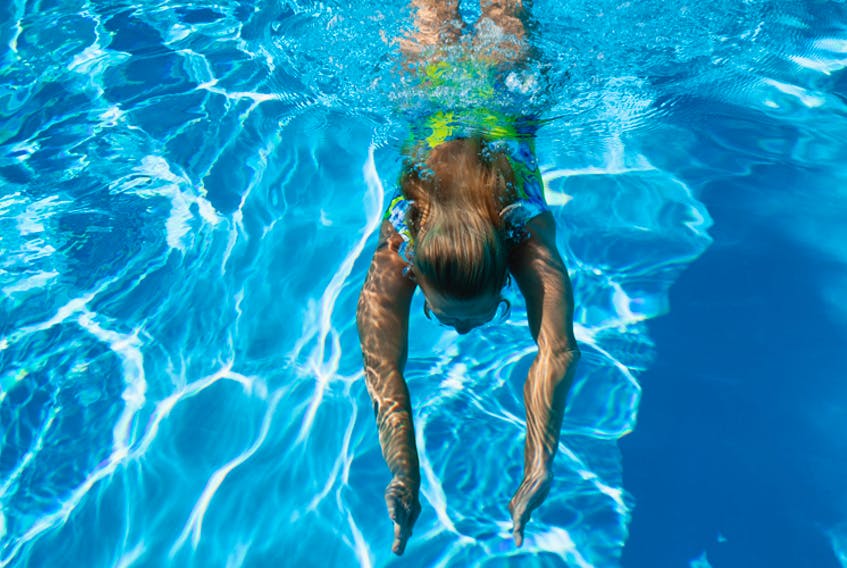So it's summer in Newfoundland. It’s warm and sunny, even relatively hot and humid at times — and you have lymphedema. How do you manage your chronic swelling and still stay cool this wonderful, but short time of the year?
Living in a province that isn't typically prone to extremely warm weather can cause swelling in people who don't generally have swelling. But for the population who struggle with the management of lymphedema, the July humidity creates more anxiety than pleasure.
Lymphedema is a medical condition in which protein-enriched fluid accumulates in the affected area, which is most often the extremities, but can also occur in the head, neck, abdomen and genitals.
Lymphedema is classified as primary or secondary. Primary lymphedema may be present at birth, but more commonly develops in later years with no obvious cause. Secondary lymphedema is seen more frequently and can usually be linked to an effect of surgery, a traumatic injury to the affected area or as a side effect of radiation treatment.
There are a variety of treatment options available to clients to assist in lymphedema management, but the gold standard treatment is Complete Decongestive Therapy (CDT), which includes Manual Lymphatic Drainage (MLD) performed by a certified lymphedema therapist or massage or physiotherapist with specialized training, skin and nail self-care, exercise and proper bandaging and/or compression therapy.
While the sun may feel good on your skin, and your compression garments feel heavy, it is important to remember that lymphedema is a chronic condition and the heat can cause your affected area to swell even more. It still requires appropriate treatment and therapy even during the warmer months. Below are some tips and tricks to assist you this summer!
- Try to remain indoors during the hottest times of the day.
- If you become overheated, keep your affected limb or body part elevated if possible and keep your body temperature down with a cool, wet towel.
- Wear cool, non-constrictive clothing.
- Drink plenty of water.
- Spritz your garment with cool water while outdoors.
- Avoid sunburn — even though you may be wearing a compression garment, you can still burn, so always- wear your sunscreen.
- Go swimming! The water pressure is similar to that of your compression garments. Not a swimmer? Just having your affected body part in the water will help.
- If you are swimming in a pond or lake, always wear shoes to avoid stepping on sharp rocks or other debris.
- Ensure you still wear your compression garments. Depending on how quickly your affected area swells when the garment is removed, if you wear nighttime compression, you may be able to have some brief periods during the day when you don't wear it.
- Keep your garments clean to remove sweat, sunscreen and oil from your skin.
- Wear insect repellent whenever you are outside.
- Avoid hot tubs — the warm water can cause your affected area to swell further.
- Avoid salty foods and minimize caffeine and alcohol intake.
- Don’t forget your regular exercises.
- Practice meticulous skin and nail care.
At HealthQuest, we have two certified lymphedema therapists, as well as certified garment fitters who can help ensure you are flare-up free this summer or treat your condition if you do experience a flare-up.
Call 709-754-5944 or visit www.healthquestnl.ca to book your appointment.









